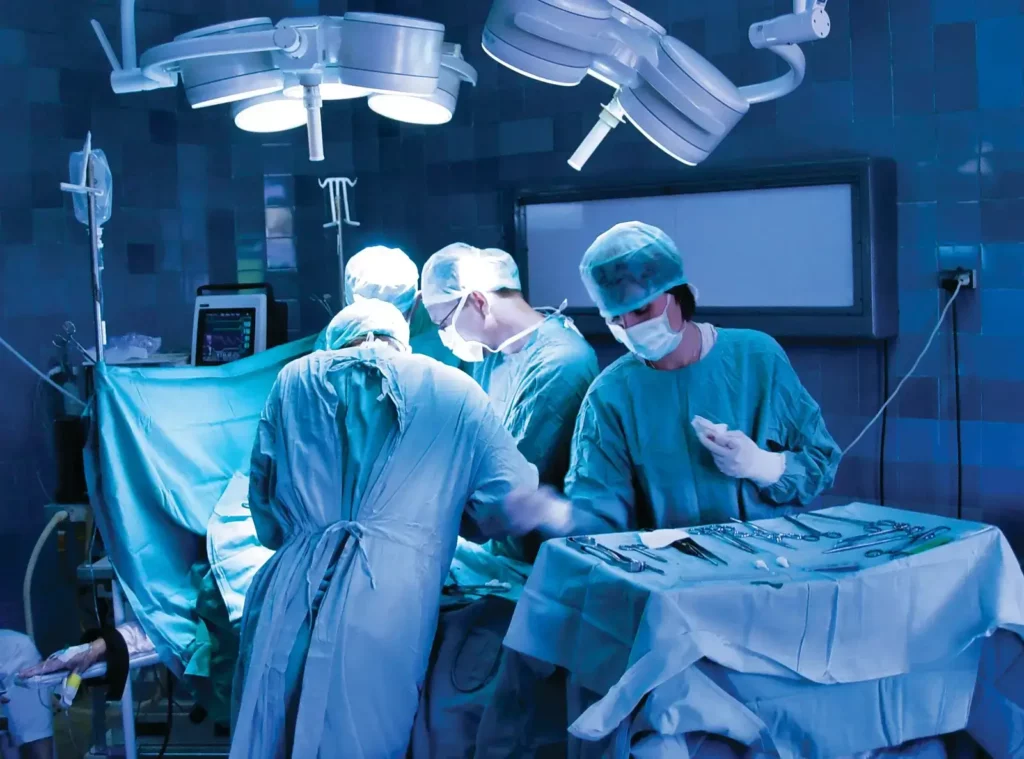Key points:
- A person who donates a kidney will not see their daily life or life expectancy altered, beyond the limitations of any surgery at the beginning.
- Kidney transplants can be performed in children and even in people over 90 years old.
- Diabetes is the main cause of kidney disease worldwide and, therefore, the main need for a kidney transplant.
There are several doubts regarding the lifestyle and health of the people donating or having a kidney transplant.
Dr. Javier Tejeda Maldonado, an internal medicine physician and nephrology specialist at ABC Medical Center, will answer several questions related to kidney transplants and donations.
“According to the Global Database on Donation and Transplantation, more than 100,000 kidney transplants are performed worldwide each year, compared to the more than five million patients who undergo dialysis annually.”1
One of the main doubts that people have when faced with the idea of donating a kidney is whether this will affect their life expectancy. When choosing a donor, doctors look for a completely healthy person, so donating the organ does not imply any harm to their health.
After recovering from surgery, as in any other surgical intervention, your life will return to normal without any issues. But, by way of prevention, you should have a routine follow-up to ensure that your only kidney, and your general health, remain in the best condition.
The goal for any patient with chronic kidney disease is to be able to receive a transplant, regardless of whether it is a child or a person over 90 years old. The important thing for this surgery is not age, but that they are physically fit and this is achieved by being active and having good nutrition. Children will greatly benefit from a transplant since they will be able to grow and play normally and without any limitations.
Another common question related to a kidney transplant is whether the donor should be a family member, says Dr. Tejeda. The reality is that, although it is recommended that the donor be genetically related, such as a father, son, brother, or uncle, this is not mandatory.
Diabetes is the main cause of kidney disease worldwide, which is why diabetics are the ones who seek a kidney transplant the most, so this disease is not a limiting factor for the process. What happens is that when the kidney becomes sick as a result of diabetes, it is normal for other organs to do so as well, so there should be a much closer follow-up to keep both diabetes and the kidney under control and not be affected again.
A kidney transplant is a procedure that will help people living with chronic kidney failure improve their lives. This will allow them to no longer require dialysis, to drink much more water, and have a freer diet; but it is not a cure. Every transplant has a limited time, so the more you take care of it and give it a better follow-up, the survival of the transplant will be much better.
Although transplant is generally performed in patients with chronic kidney failure, there is the possibility of performing an early transplant, this means that all patients whose kidneys work less than 15%, will be able to seek this surgery, which will prevent them from reaching the stage of dialysis and that they do not lose their quality of life.
Dr. Tejeda says that pregnancy is one of the main situations of care and prevention related to a kidney transplant. On the one hand, female donors may be at risk of developing preeclampsia, a blood pressure disease during pregnancy, but it is still possible for all female donors to carry the pregnancy without any problems, following their gynecologist’s instructions.
On the other hand, women who have received a kidney transplant should have no problem doing so, but it is recommended that the pregnancy be planned to seek the best conditions and that the new kidney be stable, with its normal functions and the lowest dose of medication; all this is generally achieved after the first year of the transplant.
Kidney transplant is the best way to treat patients with chronic kidney disease, being a safe procedure for both the donor and the recipient, and which will completely change the life of the latter.
At ABC Medical Center’s Internal Medicine area, we can provide you with specialized care. Contact us!
Fuente:
Dr. Javier Tejeda Maldonado – Internal medicine physician and nephrology specialist
https://youtu.be/TxFCu1C-Ub8
1 https://www.healthdata.org/research-analysis/gbd


